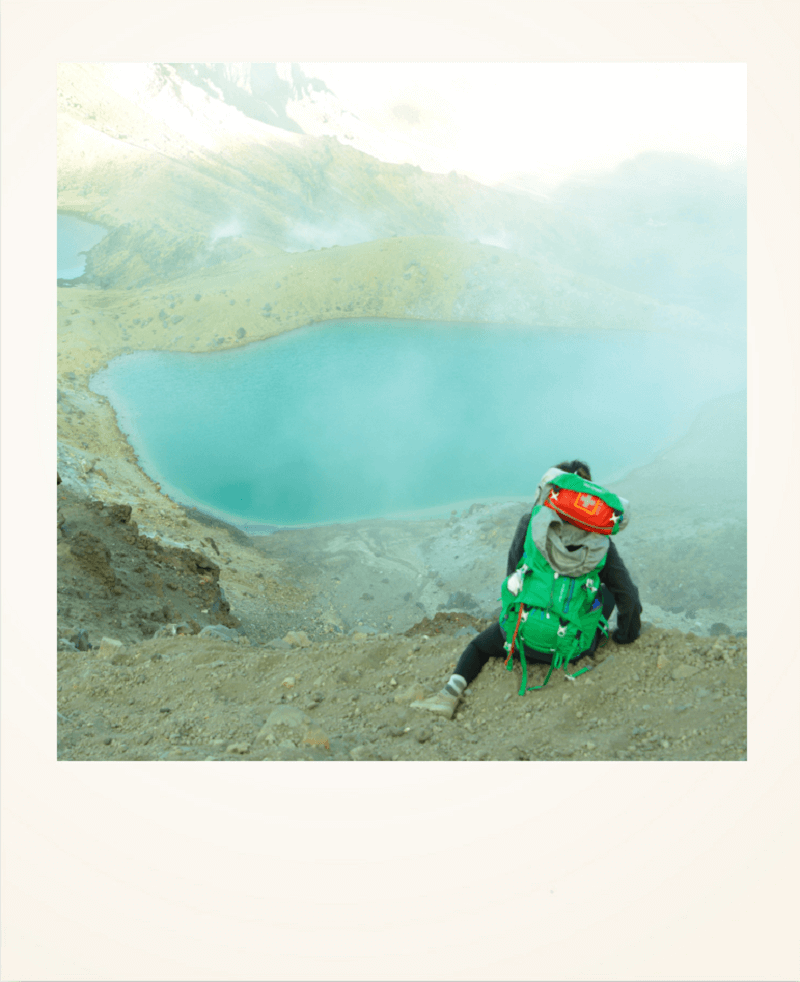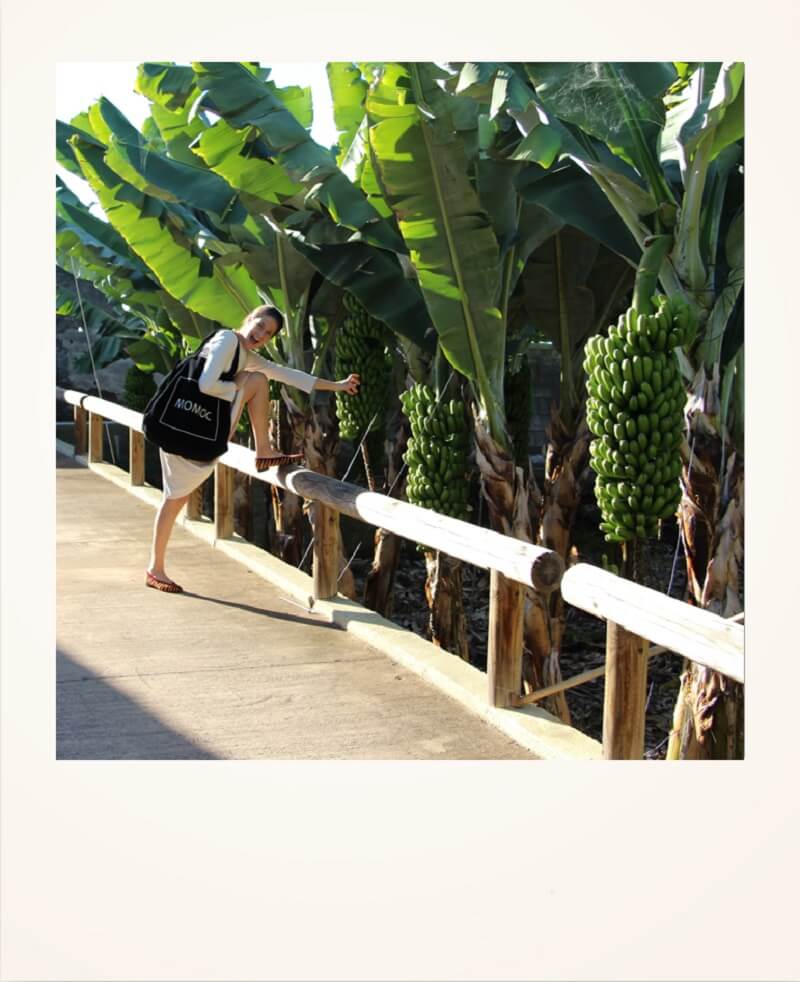Before creating MOMOC Shoes, we shared and learned about sustainable living through those closest to us. Friends, office colleagues, fellow workers, neighbors, and family members who shared our lifestyles offered advice and guidance. At the same time, we tried to share new things we learned during our travels and training in Europe and New Zealand.
MOMOC Shoes marked a turning point for us in opening up to the world. We rediscovered social media as a new universe for connecting and sharing knowledge and causes. And through these social networks, we began to meet and follow people who are taking sustainability, zero waste, healthy and eco-friendly lifestyles, and the circular economy to the next level.
That's how we found Isabela, from @Quinoaplanet . Do you also follow her on Instagram? If not, we encourage you to. And whether you already know her or we've just discovered her, we hope this interview is of great value to you.
Enjoy it!
What is Quinoa Planet for you?
Quinoa Planet is my world. It's about living a healthy life in general, eating well, exercising, taking care of myself inside and out... being psychologically and emotionally balanced, and, of course, taking care of the planet.
What does a sustainable lifestyle mean to you?
I think sustainability defines the "why." That is... why do we pay attention to what we do and how we do it? To feel better and leave a better world for future generations. I believe a sustainable lifestyle begins with us, with our own well-being and savings, but it doesn't stop there; it has a very clear global purpose. In recent years, there has been an individualistic tendency toward care, and we've forgotten that the most important thing is to take care of the planet, which is our home. A sustainable lifestyle is one that reminds us that our true homes are our bodies in all their integrity and our planet.
How do you think social media influences sustainable living?
As with everything… In the end, by setting an example, a few become many, and we can change many things. Now, thanks to social media, even supermarkets are raising awareness. This phenomenon is very important; we must continue to leverage social media; it really works.
Tell us the advantages and disadvantages you find in globalization?
Advantages: we can access knowledge, cultures, and growth opportunities that were previously unthinkable. Disadvantages: our identities sometimes dissolve, and we lose important things. For example, due to the assimilation of other countries' eating habits, the Mediterranean diet in Spain is disappearing. Keep in mind that the Mediterranean diet is based on vegetables, fruits, legumes, olive oil, whole grains, and little animal protein. Now, however, we overindulge in meat and animal protein. This phenomenon harms our health and also seriously damages our ecosystem. Livestock farming consumes far more water and resources than agriculture, for example. Add to that the pollution generated by the meat industry, which encompasses production, manufacturing, and distribution. Today, even in Madrid, respiratory illnesses and allergies are proliferating due to pollution.
What do you think about fast fashion versus sustainable fashion?
I think it's another disadvantage of globalization and the crazy cycles of consumption; that throwaway habit that's ruining the planet. I think opting for sustainable fashion with an identity, like your MOMOC Shoes, not only helps us take care of the planet but also reminds us that we're special within a global phenomenon: we still have our own culture and our own brands. It's important to remember and express that.
We recently published an article with Tips for moving towards Zero Waste . What tips would you add? Tell us about any new tricks you've discovered.
Look, I'm sharing some news that I don't know if you already know: several supermarkets and large stores are now allowing transparent containers for the meat and fish we buy there. They've also introduced potato starch bags for bulk fruits and vegetables.
Another idea is to bring our own packaging when we shop in our neighborhoods or request that products be wrapped in paper or cardboard, not in Styrofoam trays.
Reusable cloth diapers and biodegradable diapers are also coming onto the market. I'm looking forward to trying the cloth ones. A friend of mine loves them.
Another habit I have is carrying my own plastic water bottle in my bag. BPA free , without Bisphenol, and I keep refilling it.
For our birthday parties, barbecues, family gatherings, etc., the ideal option is to rent glass cups or buy quality plastic cups that we can reuse.
Honestly, I think it's impossible to eliminate plastic from our lives today, but it is possible to reduce it as much as possible. Reducing plastic means saving the planet years. We need to do it. The same goes for shoes. Many people replace leather shoes out of love for animals, but the thing is... if they're not leather, they're plastic, which is much worse for animals!
Finally, give us three tips that will guide us towards a sustainable lifestyle.
Let's simplify... Conscious consumption, conscious eating. Contributing to the world.



